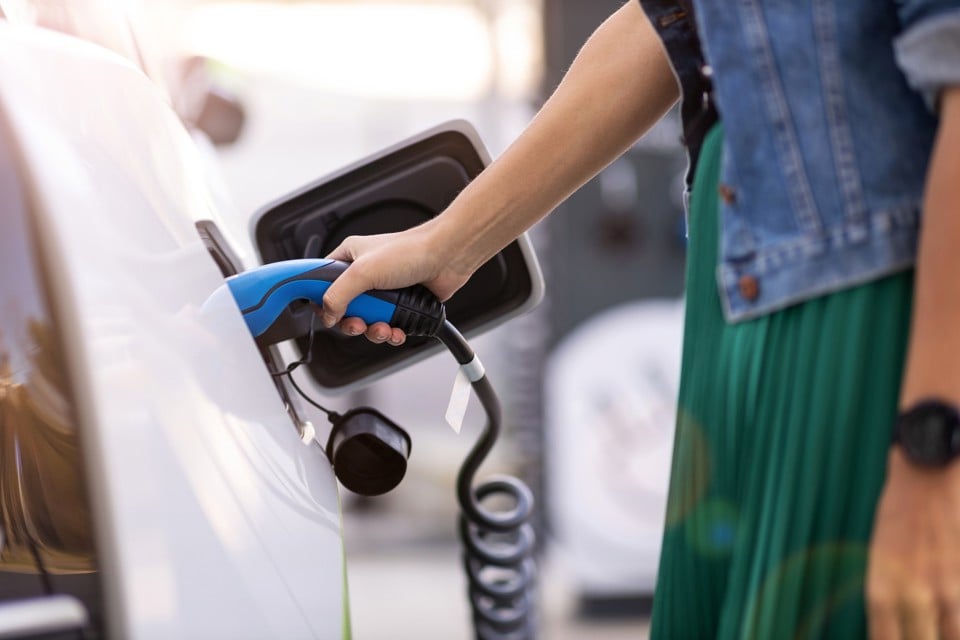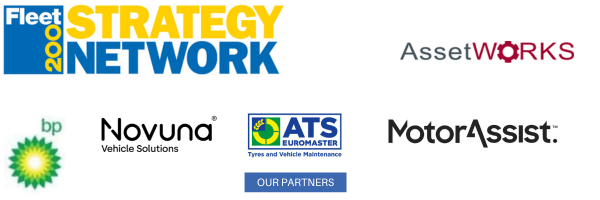The following article was published in the September 24 issue of Fleet News. Read the full article.
The future of the company car has long been a subject of debate and disagreement in the fleet industry, and it doesn’t look like that discussion will be settled any time soon.
Ever-increasing tax bills for both employers and employees, uncertainty over future benefit-in-kind (BIK) tax rates and the rise of personal contract hire (PCH) and personal contract purchase (PCP) deals for retail buyers have been among the key reasons why growing numbers are opting out of company car schemes.
This year’s Fleet200 research found 78% of respondents offer company car drivers the choice of opting for cash, and it does appear popular. In total, these 62 fleets have 22,654 cash allowance takers between them.
But there is a growing groundswell of opinion this trend may be reversed. This is due mainly to the Government announcing new BIK tax bands with exceptionally favourable rates for certain ultra-low emission vehicles (ULEVs).
For example, employees driving a battery electric vehicle (BEV)will pay no tax in the 2020/21 tax year and just 1% in the 2021/22 tax year.
The rates have also been confirmed for the subsequent three tax years at 2% (until 2024/25), giving fleets and drivers the certainty (and low costs) they lacked before.
Many fleets are now reporting increasing numbers of drivers wanting to return to company car schemes to take advantage of the rates.
 Simon King (left), director of sustainability, social value and fleet at Mitie, says: “If you drive a BMW 320d and switch to a Tesla Model 3, how much BIK will you save a year? It’s £4,500 take home. So, if I take away your BMW 3 Series and give you a Tesla instead, that’s the same as giving you an £8,000 pay rise, assuming you are a 40% taxpayer. What’s not to like about that?”
Simon King (left), director of sustainability, social value and fleet at Mitie, says: “If you drive a BMW 320d and switch to a Tesla Model 3, how much BIK will you save a year? It’s £4,500 take home. So, if I take away your BMW 3 Series and give you a Tesla instead, that’s the same as giving you an £8,000 pay rise, assuming you are a 40% taxpayer. What’s not to like about that?”
Martin Saxton, fleet and transport manager at BCS Group, adds: “I’ve got 110 cash allowance takers, and a lot are looking at BEVs or PHEVs now and want to come back into the scheme.”
Waiting for wider range of EVs
It’s a similar situation at Altrad Services, but head of fleet Matt Hammond says many are waiting for a wider range of EVs to become available before taking the plunge.
“We’ve seen a mass migration to grey fleet over the past 12 to 18 months, and from talking to those drivers, most didn’t want to do that,” he adds.
“They like the comfort of a company car, but they didn’t want to pay the tax. A lot of those drivers had company cars for 10, 15 or 20 years and suddenly they’ve had to go out into this big bad world of insurance quotes and running a car, and they don’t like it.
“It is surprising just how many squeaks you start to hear on a car when you suddenly go from a company car to owning one, and our drivers don’t like it, they want to come back into the scheme as soon as the electric cars are right.”
Not all company car drivers will have access to BEVs or PHEVs as supply of the vehicles continues to be constrained.
And still a consideration is that more readily-available petrol or diesel models do not qualify for the favourable BIK tax bands.
The Covid-19 pandemic could also have a significant effect as lockdown and the significant reduction in mileages will cause many employees to question whether they need a company car, says Stewart Lightbody, deputy chairman of AFP (the Association of Fleet Professionals).
Instead of face-to-face meetings, people have got used to conducting business via video, while people working from home has significantly reduced commuting.
“There will be a growth in people saying they don’t want a new car but they want to take the money and run a second-hand vehicle, so strong car allowance and usership policies will be key,” says Lightbody.
“Grey fleet has always been a challenge and I don’t see that stopping soon. I think the volume coming through might increase significantly.”























Login to comment
Comments
No comments have been made yet.